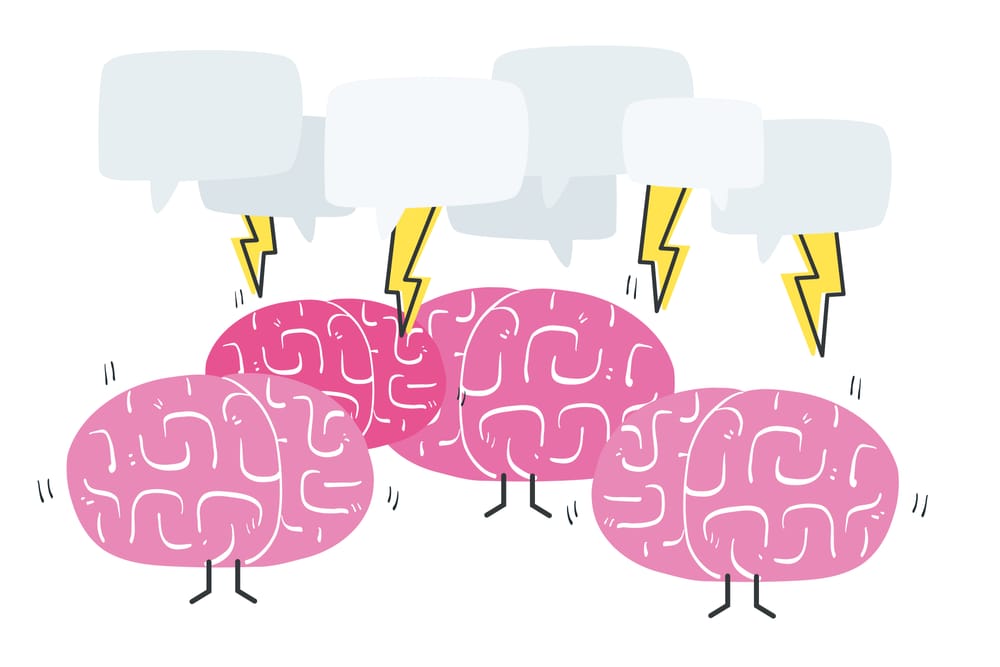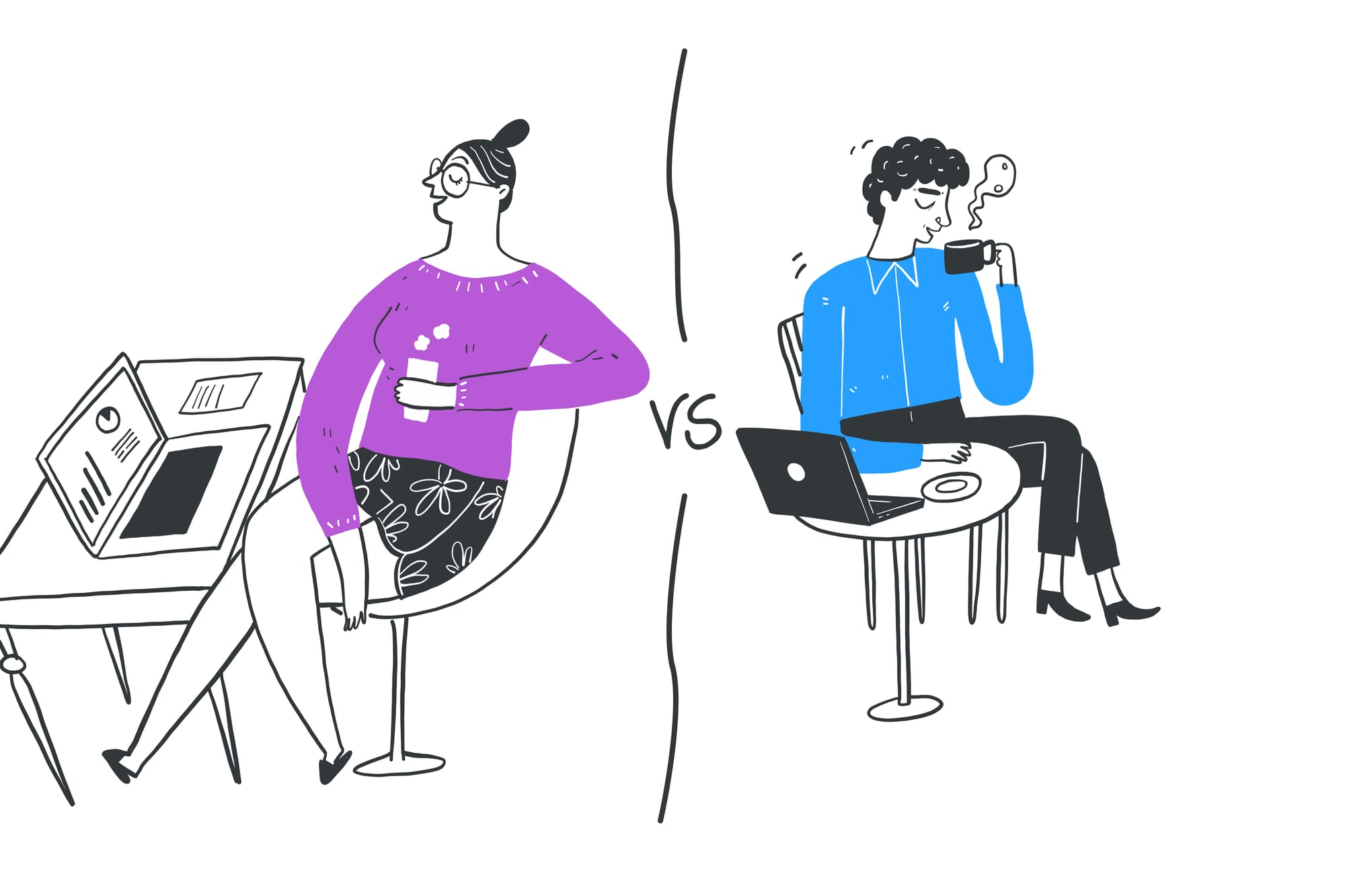Workshops can be a powerful tool for sparking creativity, fostering collaboration, and generating innovative ideas. However, it's not always easy to get those creative juices flowing to get one up and running, especially when it comes to organizing team building workshops, corporate workshops, storytelling workshops, even virtual workshops. That's where we come in!
In this blog post, we aim to demystify the concept of workshops, offering you insights, tips, and strategies to maximize interactive learning and make the most out of your workshop experience. Whether you're a seasoned facilitator looking for new techniques or a participant eager to contribute effectively, we're here to help you unlock the full potential of workshops.
Let's dive in and explore what makes a workshop successful and how you can ensure your next session is both productive and inspiring.
What Is a Workshop?
A workshop is a structured and interactive session where participants engage in activities to learn new skills, solve problems, or collaborate on projects. Unlike traditional lectures, workshop event planners can emphasize hands-on experience, active participation, and collaborative learning through interactive sessions. They are commonly used in educational settings, corporate environments, and community groups to foster creativity, innovation, and team-building.
What Are Some Different Workshop Event Ideas?
1. Skills-Building/Educational Workshop Ideas
- Objective: An event organizer teaches participants new skills or enhances existing ones through interactive and hands-on training workshops.
- Examples: Coding classes, data science training, coding boot camps, cooking classes, communication skills, art classes, craft sessions.
2. Problem-Solving Workshop Ideas
- Objective: To address specific challenges and find solutions through collaborative efforts. Innovative ideas are crucial in problem-solving workshops to encourage creative thinking and brainstorming.
- Examples: Design thinking sessions, root cause analysis workshops, reverse brainstorming, hackathons.
3. Team-Building Workshop Ideas
- Objective: To improve team dynamics, communication, and cooperation through an engaging workshop that includes interactive and hands-on activities to boost collaboration and morale.
- Examples: Trust-building exercises, outdoor adventure activities, role-playing games, diversity and inclusion activities.
4. Creative Workshops Ideas
- Objective: To inspire creativity and innovation among participants.
- Examples: Creative workshop ideas, such as making slime and combining essential oils, tailored for different age groups and event themes. Brainstorming sessions, creative writing workshops, art therapy.
5. Strategic Planning Workshop Ideas
- Objective: To develop long-term plans and strategies for organizations or projects through organized and hands-on learning experiences in a workshop event.
- Examples: SWOT analysis, business model canvas workshops, strategic goal setting.
How to Make Workshops Creative: Creative Workshop Ideas
1. Incorporate Interactive Activities
- Use games, simulations, and role-playing to make the workshop engaging.
- Incorporate interactive sessions to foster active engagement, where attendees can collaborate, learn, and share insights.
- Encourage group discussions and brainstorming sessions.
2. Use Visual Aids
- Utilize charts, diagrams, and infographics to illustrate key points.
- Incorporate multimedia elements like videos and interactive slides.
3. Create a Relaxed Environment
- Arrange the seating in a circle or U-shape to promote interaction.
- Provide comfortable seating, snacks, and breaks to keep participants energized.
4. Invite Guest Speakers
- Bring in experts or industry leaders to share their experiences and insights.
- Use their stories to inspire and motivate participants.
5. Encourage Hands-On Learning
- Provide materials and resources for participants to practice what they learn.
- Organize group projects or tasks that require collaboration and application of skills.
How to Run Workshops in Software Engineering?
1. Define Clear Objectives
Identify the goals of the workshop, such as teaching a new programming language, improving code quality, or fostering team collaboration.
Consider incorporating online workshop ideas, such as using games and gamification to keep virtual participants engaged and focused. Examples include puzzles, riddles, crosswords, memory games, ordering tasks, and quick quizzes with prizes to recap learning.
2. Plan the Agenda
- Structure the workshop with a mix of presentations, hands-on coding sessions, and group discussions.
- Allocate time for Q&A and feedback.
3. Select the Right Tools and Resources
- Provide participants with necessary software, development environments, and documentation.
- Ensure that all technical setups are completed before the workshop.
Engage Workshop Participants Actively
- Use live coding sessions and pair programming to keep workshop participants involved.
- Encourage problem-solving and debugging in groups to enhance learning.
5. Facilitate Collaboration
- Use collaboration tools like GitHub, Slack, or JIRA to manage tasks and communication.
- Foster a culture of knowledge sharing and peer learning.
6. Evaluate and Iterate
- Collect feedback from participants to understand what worked well and what could be improved.
- Use this feedback to refine future workshops.
Workshop Events
If you're looking to create a workshop event, check out eventbrite or meetup. Workshop attendees can connect with fellow enthusiasts on a variety of topics, from software engineering to the culinary arts. Share your experiences, inspire one another, and find encouragement in a supportive community.
Conclusion
Training workshops are a powerful tool for learning, problem-solving, and team-building. By understanding the different types of workshops and incorporating creative elements, you can design engaging and effective sessions. In the context of software engineering, workshops can be tailored to meet specific objectives, using the right tools and strategies to ensure a productive and collaborative environment. Whether you’re looking to enhance skills, inspire innovation, or develop strategic plans, workshops can unlock the full potential of your team.
Workshop events are dynamic learning experiences that foster active engagement and provide valuable skills.





